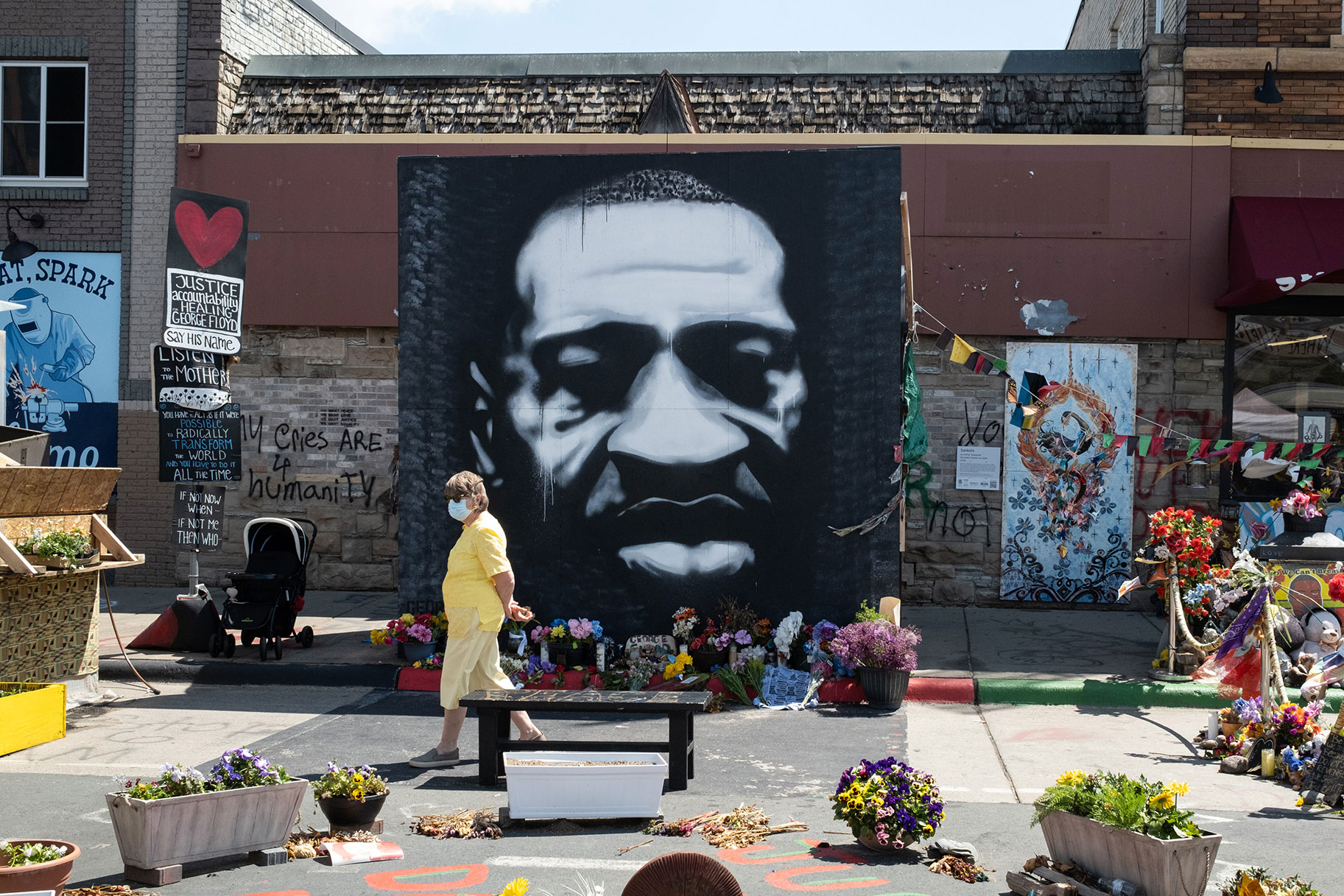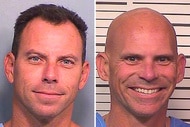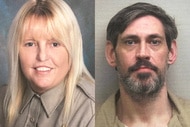Create a free profile to get unlimited access to exclusive videos, breaking news, sweepstakes, and more!
Teen Who Filmed George Floyd Murder Testifies In Federal Trial His Distress Was Clear
Prosecutors have argued that when J. Alexander Kueng, Thomas Lane and Tou Thao should have rendered aid since bystanders, including children, knew something was wrong with George Floyd.

A woman who was 17 when she came upon Minneapolis police pinning George Floyd to the street testified Friday at a federal trial for three officers that she knew instantly the Black man was "in distress," as he screamed in pain and shouted that he couldn't breathe.
Former Officers J. Alexander Kueng, Thomas Lane and Tou Thao are charged with violating Floyd's civil rights while acting under government authority. All three are accused of depriving Floyd, 46, of medical care while he was handcuffed and facedown as Officer Derek Chauvin pressed his knee onto Floyd's neck for 9 1/2 minutes. Kueng knelt on Floyd's back and Lane held down his legs while Thao kept bystanders back.
Kueng and Thao are also accused of failing to intervene to stop the May 25, 2020, killing, which triggered protests worldwide and a reexamination of racism and policing.
Also Friday, prosecutors showed snippets of bystander and police video with timelines and transcripts as Matthew Vogel, an FBI special agent, described what was being shown. The materials explain the sequence of events and show jurors exactly who said and did what and when.
Earlier in the day, Funari, now 19, testified that she lived about a mile from the intersection where Floyd was killed and went up to the corner store to get a phone charger. She drove past and saw three officers on top of a man in the street. She said she parked her car, left it running, got out and started recording because she had a "gut feeling" something was wrong.
She said she heard screaming and yelling. "I instantly knew that he was in distress. ... He was moving, making facial expressions that he was in pain," she said. "He was telling us that he was in pain."
One of the prosecution's key arguments has been that the officers were trained to provide medical aid in emergencies, and that Floyd's situation had become so serious as police held him down that even bystanders, including children with no medical training, knew something was wrong.
Prosecutors played videos recorded by Funari, which show Floyd eventually growing quiet and motionless. Funari yells at officers that Floyd isn't moving.
"I observed that over time he was slowly being less vocal and he was closing his eyes," she testified. "He wasn't able to tell us that he was in pain anymore. He was just accepting it."
Funari said she did not see Thao provide any medical assistance to Floyd. She testified that she saw Kueng check Floyd's pulse twice. When prosecutor Manda Sertich tried to ask if Funari saw Lane provide medical aid, she was met with an objection.
On cross-examination, Thao's attorney, Robert Paule, said Thao was closer to the crowd and that at times, the officers and Floyd were behind him. Paule said Thao was mostly watching the bystanders, whom Funari said were getting "more desperate," and was trying to keep them on the curb.
He asked Funari if there was a chance Thao didn't know what was going on behind him. Funari said, "No ... you could hear it."
Funari said she believed the crowd was calm after the ambulance arrived and that Thao "was just standing there."
Earlier Friday, the chair of the Minnesota agency that sets licensing standards for police officers testified that the three officers would have received training about constitutional rights and on providing first aid. Kelly McCarthy, chief of police in Mendota Heights and chair of Minnesota Police Officers Standards and Training, described training that every officer in the state must receive.
She said officers are specifically taught to reposition someone who is restrained facedown, to ensure they can breathe. Asked why, she said, "There were enough in-custody deaths that we needed to have a learning objective on it."
Kueng, who is Black, Lane, who is white, and Thao, who is Hmong American, are charged with willfully depriving Floyd of his constitutional rights while acting under government authority. The charges allege that the officers' actions resulted in Floyd's death.
Chauvin, who is white, was convicted of murder and manslaughter in state court last year and later pleaded guilty to a federal civil rights charge.
Lane, Kueng and Thao also face a separate state trial in June on charges alleging that they aided and abetted murder and manslaughter.






















